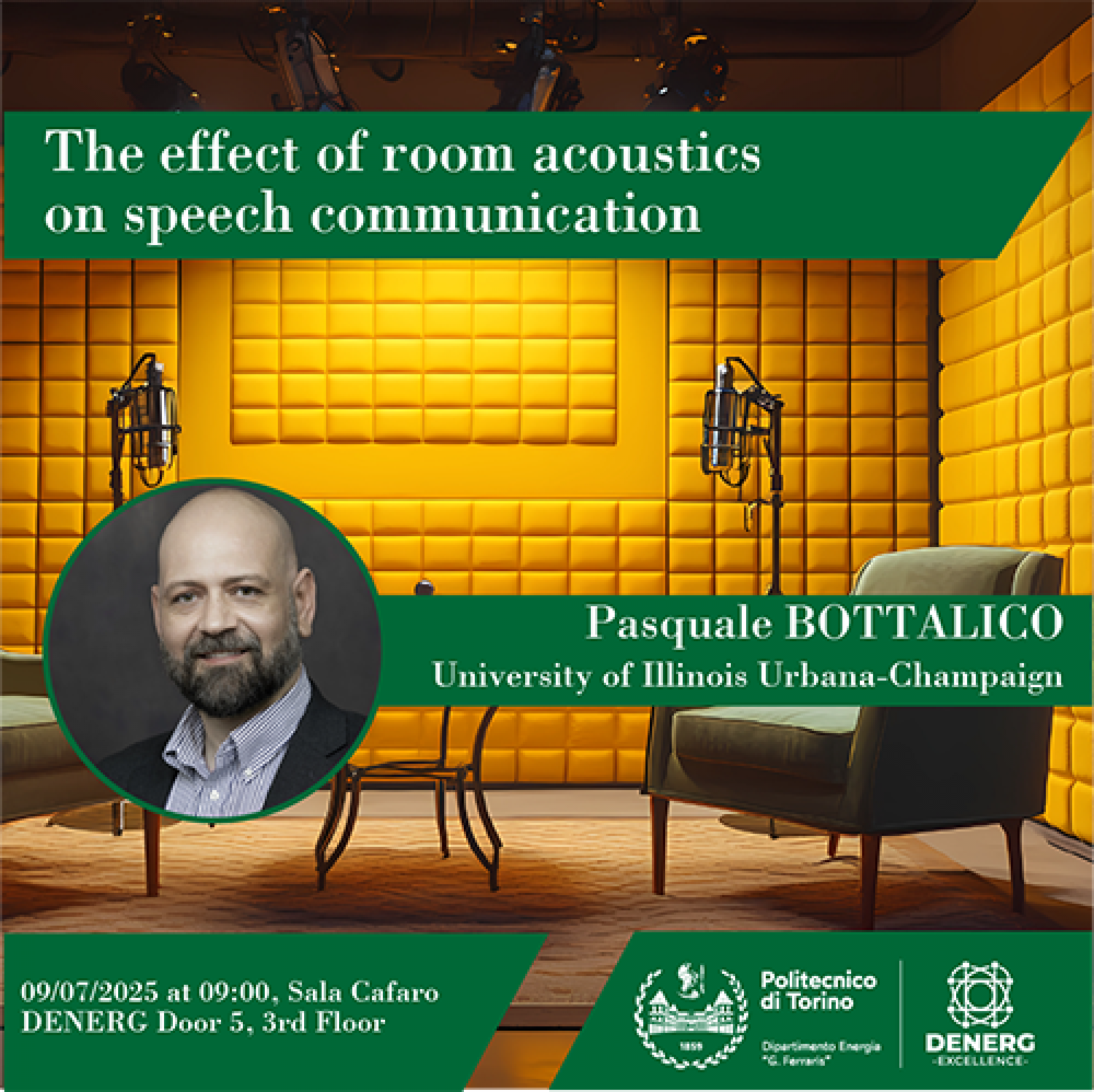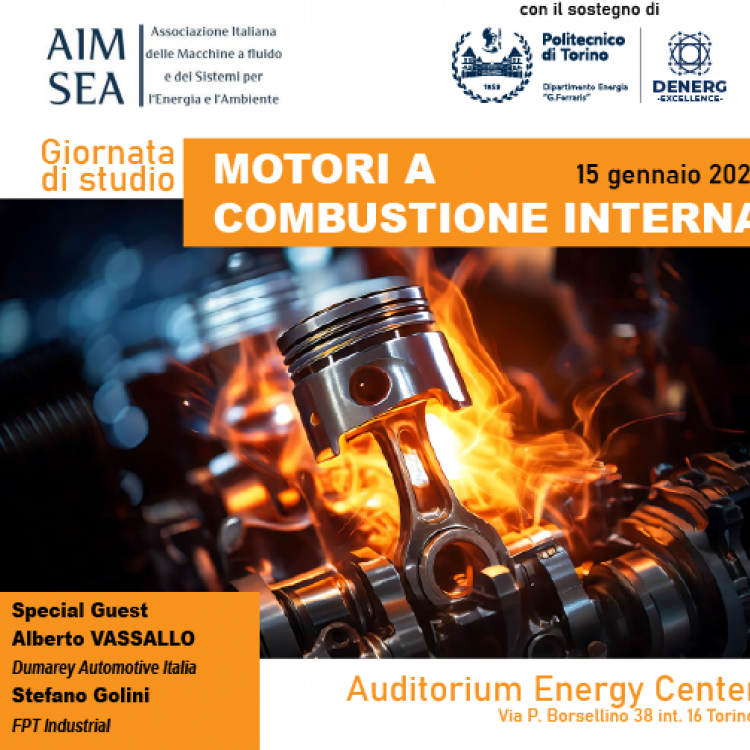The effect of room acoustics on speech communication by Prof. Pasquale Bottalico - University of Illinois Urbana-Champaign
This seminar explores the interaction between room acoustics and speech communication from an applied acoustical engineering perspective.
Structured into three interconnected modules, the session begins with a technical overview of speech acoustics, covering the physical modeling of vocal production, source-filter theory, and the spectral-temporal features of speech that interact with room acoustics. The second module focuses on vocology and adaptive speech behavior, including the Lombard effect and vocal effort variations in response to reverberation, background noise, and clarity—factors critically influenced by room design and material properties. The final module centers on speech intelligibility across different acoustic environments, including classrooms and public spaces, with attention to metrics such as Speech Transmission Index (STI), reverberation time (T30), clarity (C50), and their relevance for intelligibility in both normal and impaired speech. The seminar incorporates experimental data, predictive models, and perceptual evaluations to illustrate how acoustic design can enhance communicative efficiency while supporting sustainable, user-centered building environments.



